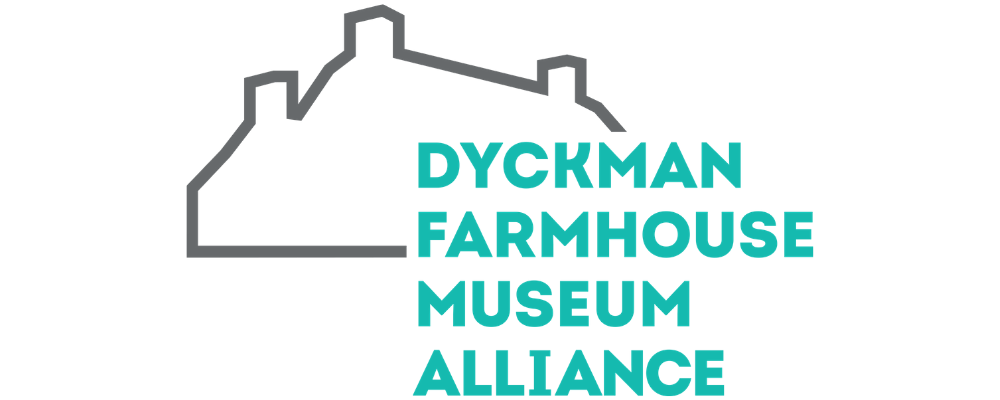In the 17th and 18th centuries, the cultures and empires bordering the Atlantic ocean were defined by trade, colonization, slavery, and resistance. Chaired by Andrea Mosterman, this panel explores the shores of the Atlantic and the Caribbean as a meeting place for Africans, Europeans, and Native Americans. Our panelists will explore slavery in the Hudson Valley, relations between the Dutch and indigenous peoples, Dutch connections to the Caribbean, and the role of Dutch women in New Amsterdam.

Andrea Mosterman: Panel Chair
Andrea Mosterman is associate professor in Atlantic History and Joseph Tregle Professor in Early American History at the University of New Orleans. In her work, she researches slavery and the slave trade in the Dutch Atlantic world with an emphasis on early New York. Her research has been published in various academic and public-facing publications. Her book Spaces of Enslavement: A History of Slavery and Resistance in Dutch New York (Cornell University Press, 2021), which won the 2020 Hendricks Award for best book-length manuscript relating to New Netherland and the Dutch colonial experience, uses spatial analysis to examine enslavement and resistance in New York’s Dutch communities. She is currently researching the voyage of the Dutch slave ship the Gideon and the seventeenth-century Dutch Atlantic slave trade.

Dennis Maika: Panelist
Dennis J. Maika is Senior Historian at the New Netherland Institute. As a specialist on colonial New York
with a Ph.D. in history from New York University, he has written numerous articles and papers and
served as a consultant for a variety of local history and education projects. His recently published work on
New Netherland’s slave trade grew from his on-going book project about Manhattan merchants and their
city government in the Dutch and English periods of seventeenth-century New York history. As a
professional educator, he taught History and Psychology at the high school and college levels for several
decades.
Ramona Hernandez: Panelist
Dr. Hernández is the Director of the CUNY Dominican Studies Institute and Professor of Sociology at the City College of New York. She is also in the Faculty in the Doctoral Program of the Sociology Department and in the M.A. Program in International Studies at the CUNY Graduate School and University Center. Her research interests include the mobility of workers from Latin America and the Caribbean, the socioeconomic conditions of Dominicans in the U.S. and the restructuring of the world economy and its effects on working-class people. She has published and lectured extensively on these issues. Among her publications is a groundbreaking book on the socioeconomic conditions of Dominicans in the U.S and winner of Choice’s “Outstanding Academic Title”: The Mobility of Workers Under Advanced Capitalism: Dominican Migration to the United States (Columbia University Press). She is also co-author of the now classic Dominican-Americans (with Silvio Torres Saillant; Greenwood Press). More recently, Dr. Hernández
published La República Dominicana y la prensa extranjera: mayo 1961- septiembre 1963 (Desde la desaparición de Trujillo hasta Juan Bosch) (with Sully Saneaux; Biblioteca Nacional Pedro Henríquez Ureña, and is the editor for Classic Knowledge in Dominican Studies (Routledge), the first book series in Dominican Studies in the U.S. Dr. Hernandez is currently working on two books under contract: Women and the Making of Dominican Society: Ideals and Activism (The University Press of Florida) co-authored with Sandy Placido and Diogenes Cespedes and Ellis Island Dominicans, 1892-1924: A Portrait of Money, Color, and Power (Columbia University Press).
Graham Hodges: Panelist
Graham Russell Gao Hodges is the George Dorland Langdon, Jr. Professor of History and Africana Studies at Colgate University. He is the author of many books on Black life and history in New York and New Jersey.


